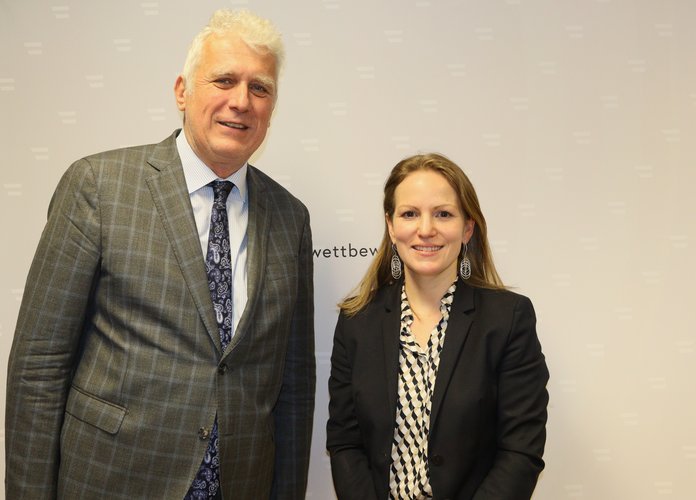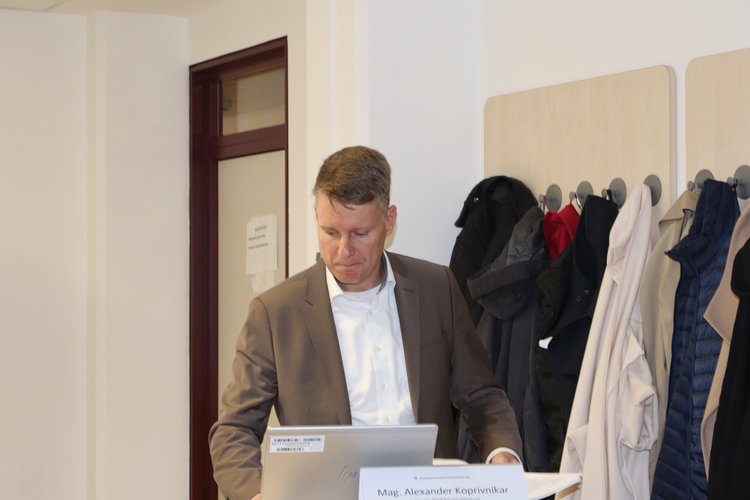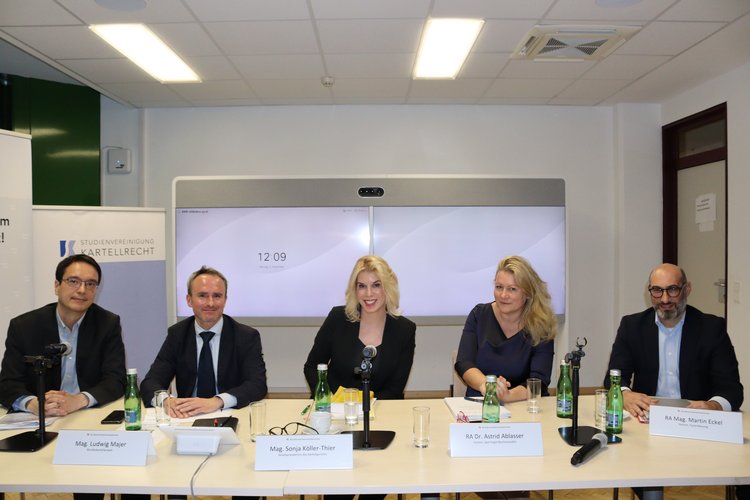If the AFCA concludes at the end of its investigations that specific actions by companies were unlawful from an antitrust perspective, the Authority will inform the company concerned of these allegations by means of a statement of objections, guaranteeing the right to be heard. At this time, and before the AFCA initiates proceedings at the Cartel Court, companies may approach the AFCA and ask to bring proceedings to a consensual settlement in an accelerated non-contentious procedure. These settlements do not constitute out-of-court settlements as such, but mean that companies acknowledge the facts of the case as investigated by the AFCA, will not contest the AFCA’s legal assessment of that case and accept a fine in the amount found to be appropriate by the AFCA. The AFCA will involve the Federal Cartel Prosecutor in the capacity of second official party from an early stage in these settlement talks. It will consider the companies’ cooperation when setting the final amount of the fine, and submit its investigation results to the Cartel Court together with the companies’ acknowledgement.
The AFCA has now extended its position paper to include key aspects that it has encountered in its daily practice since 2014. For instance, the requirements for a settlement including the whole procedure are defined in greater detail, including in relation to the discount applied to the fine. The various types of possible cooperation with the AFCA (through the leniency programme, outside leniency, acknowledgement during the settlement procedure) and the differences are outlined in clear terms. Contextually, the amount of the settlement discount, which used to reach up to 20%, is now cut to a maximum of 15%. This new percentage applies to all (future) procedures launched by the AFCA.
Additional guidance focuses on the treatment and protection of “privileged documents”, “hybrid procedures” (procedures against several involved companies where at least one of them is aiming to settle while the others favour unsettled disputes before the Cartel Court), as well as disclosure requirements during the settlement procedure.
“Consensual settlements make sure that legal security is swiftly established, while everyone’s resources are used more efficiently. However, they are not suitable for all kinds of cases, and particularly not if key aspects of the facts or the legal assessment are in dispute. We must not forget that the facts of a case are determined by the Cartel Court in Austria, and the Court makes the legal assessment. This is always the case in Austria, including with regard to settlements, which means that our investigation results are always reviewed by the Court,” explains Natalie Harsdorf-Borsch.
“We lawyers, who predominately specialise in antitrust law, value the AFCA’s practical guidelines and particularly also the opportunity to contribute to drafts by way of consultation. This means we are able to input our experience from our daily work as legal advisers,” says Axel Reidlinger, head of the Studienvereinigung’s Austrian working group.



